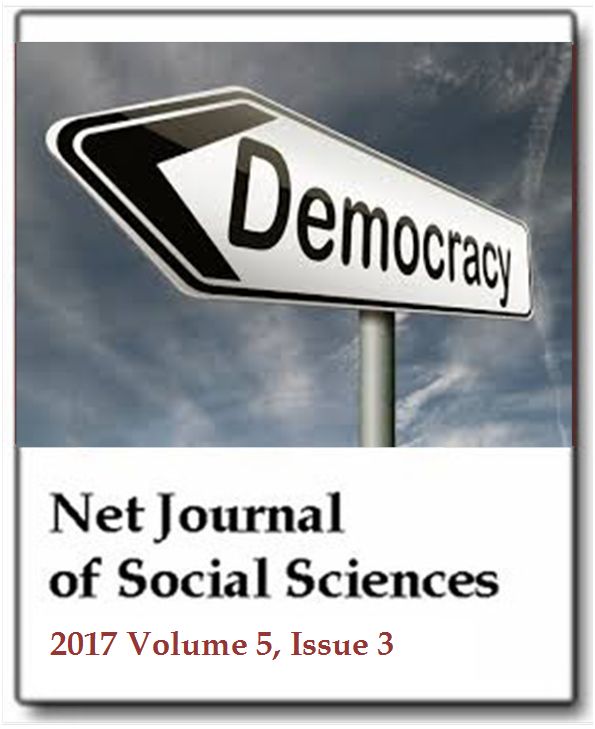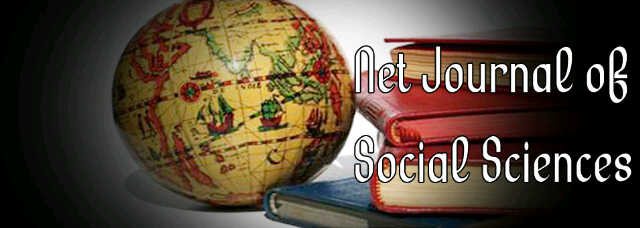Party merger and democratic consolidation: Reflection on the rise of APC in Nigeria
Imrana A. BubaNet Journal of Social Sciences
Published: July 5 2017
Volume 5, Issue 3
Pages 35-41
Abstract
From 1999 to 2011 General Elections, the People’s Democratic Party (PDP), dominated and had a telling impact on the Nigerian body polity. Within this period, the PDP not only produced all the presidents, it also garnered majority seats in both chambers of the National Assembly and consistently won over two-thirds of governorship elections in the country. It is within this context, that three of Nigeria’s opposition parties merged in 2013 to form a mega opposition party named All Progressives Congress (APC). This paper, using a qualitative method of data collection and analysis, analyzed the factors that led to the emergence of the APC and its implications on democratic consolidation in Nigeria. Considering the fact that the paper is premised on “Party Merger” and “Democratic Consolidation”; Heuristic Framework of Party Merger have been carefully adopted as theoretical framework to analyze the rise of the APC ahead of the 2015 elections that set Nigeria on a trajectory towards consolidating its democracy, transitioning from a largely unstable and expedient experiment to the realm of political maturity. Therefore, the paper concluded that existence of credible, strong and challenging opposition is important for the consolidation of democracy.
Keywords: Party, merger, democracy, consolidation, election, Nigeria.
Full Text PDF
